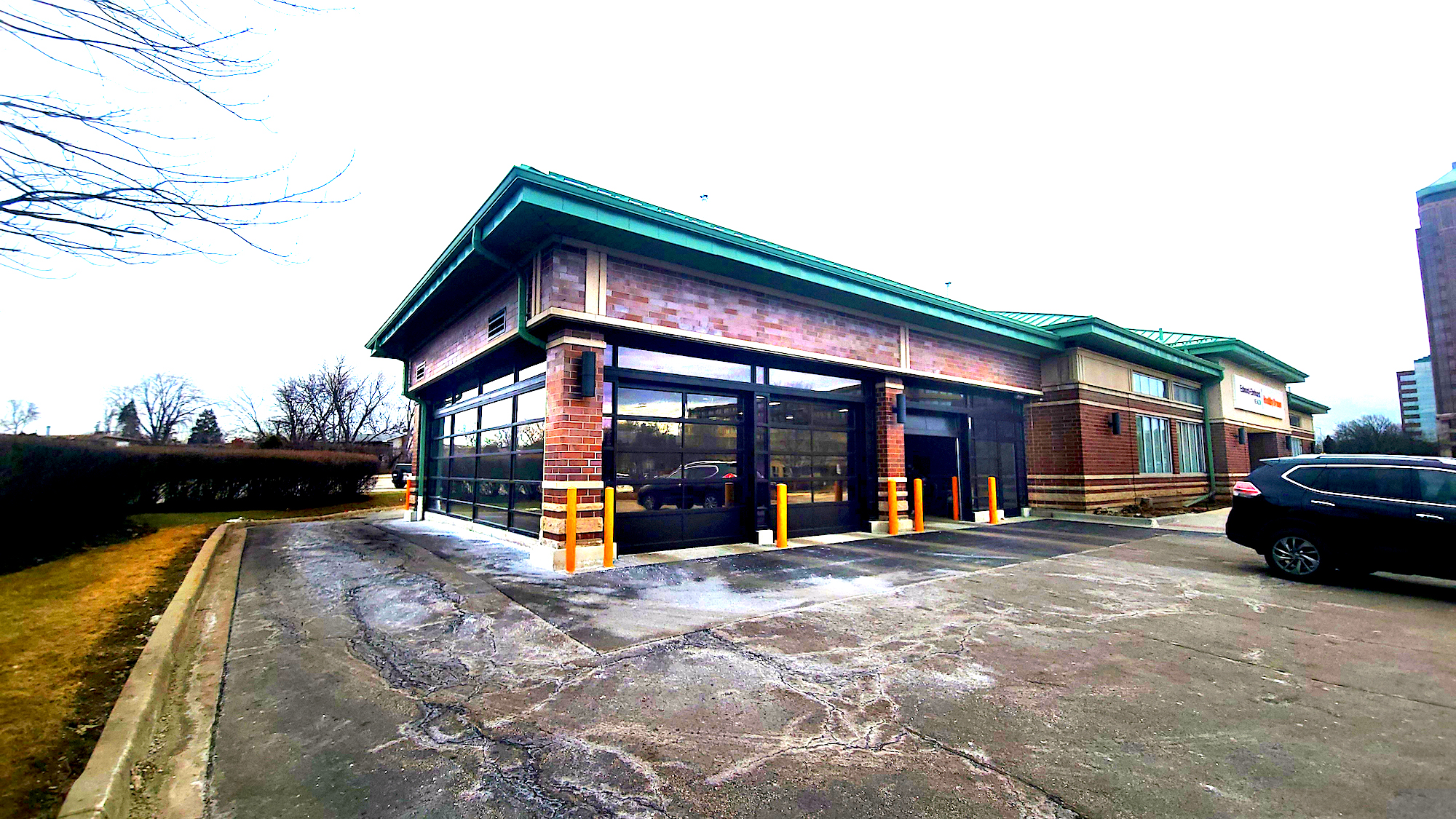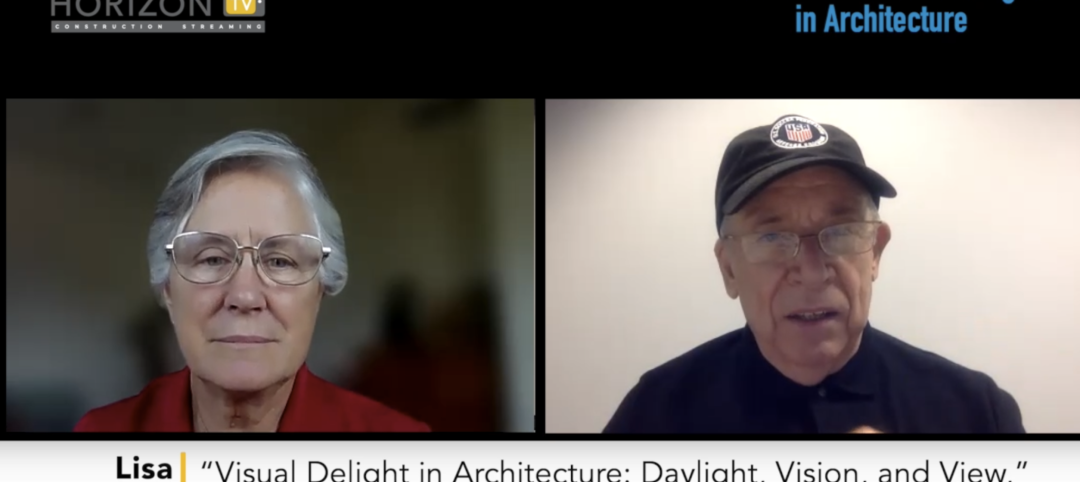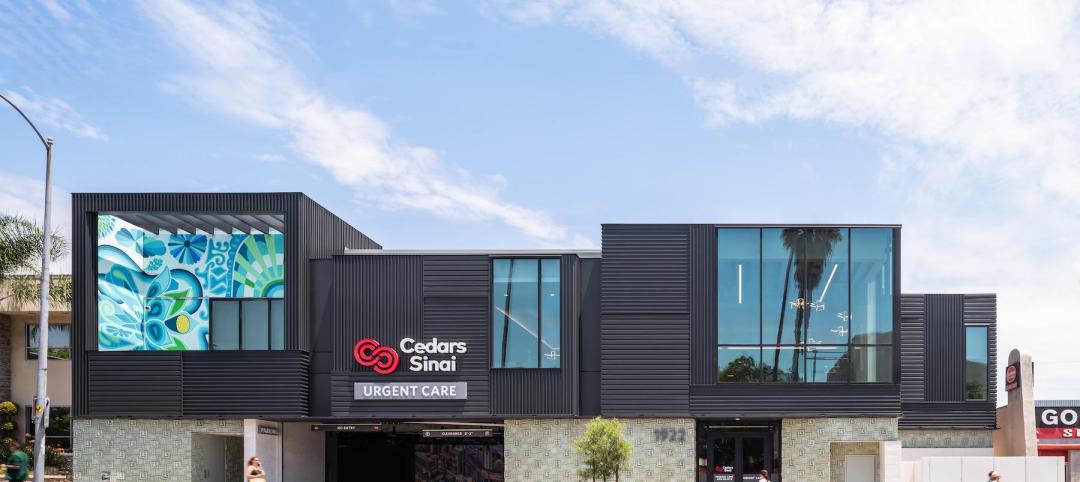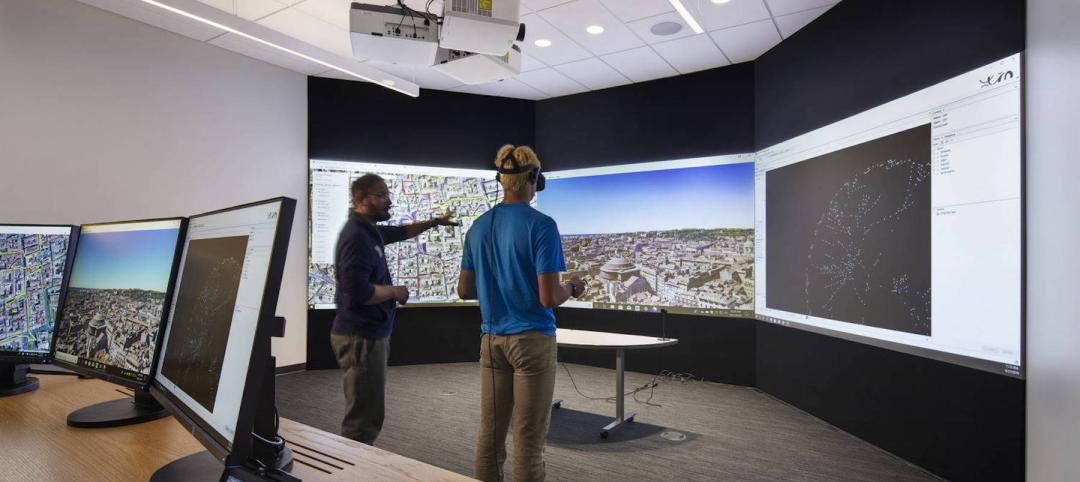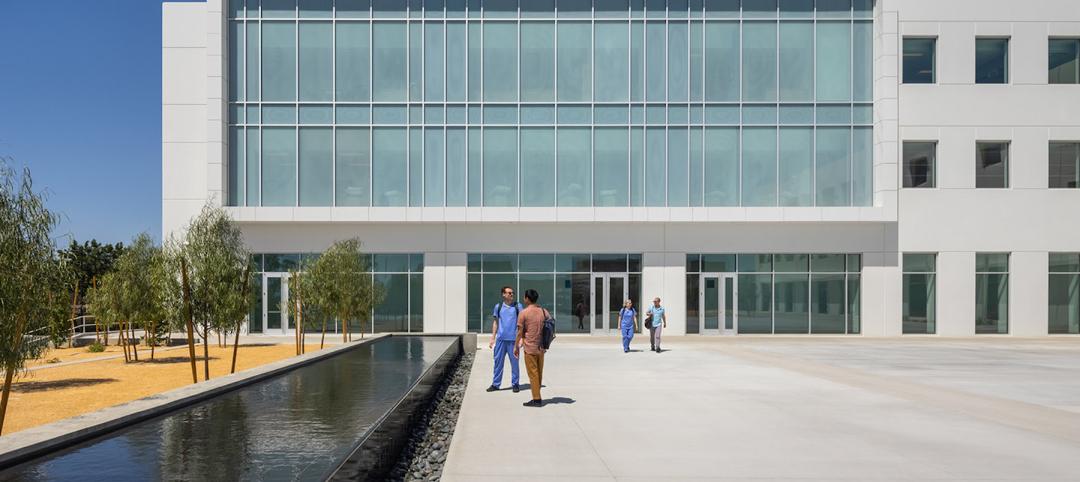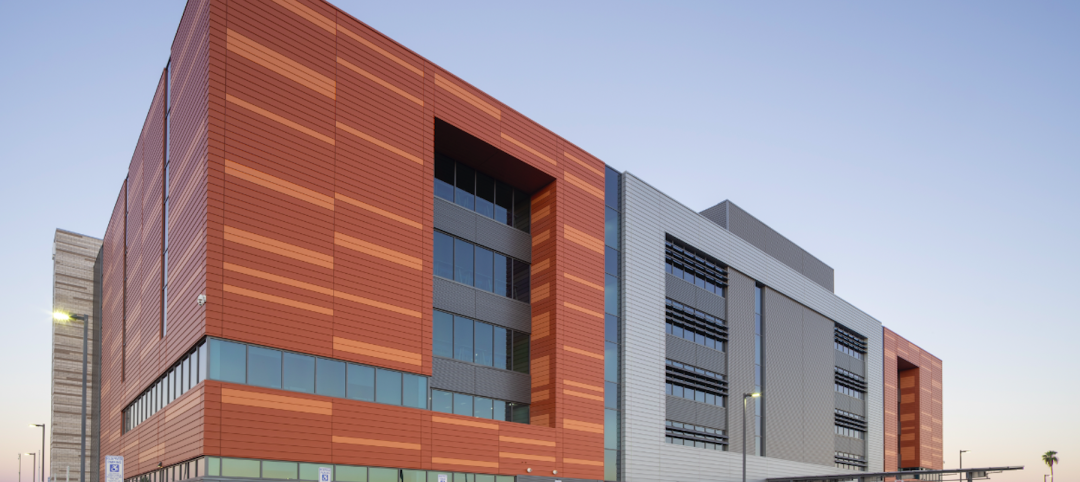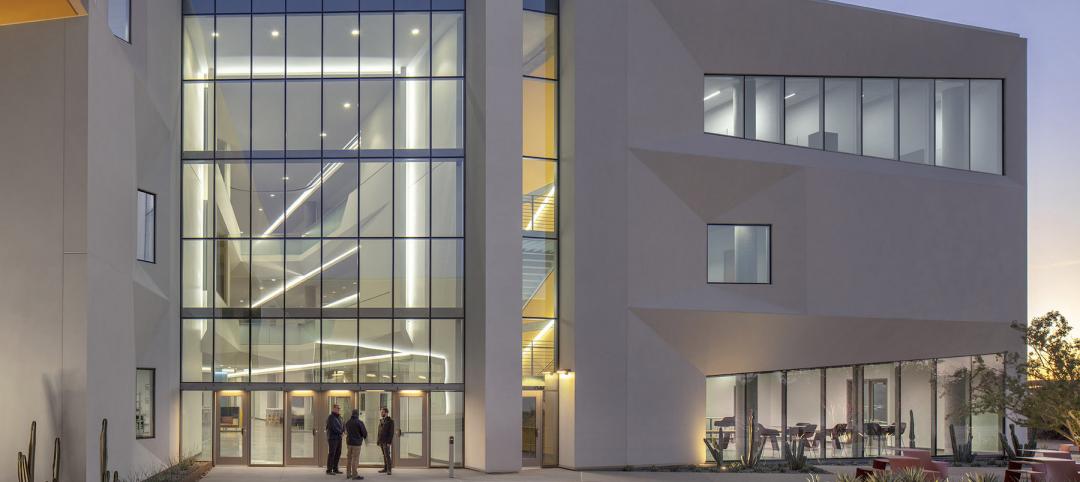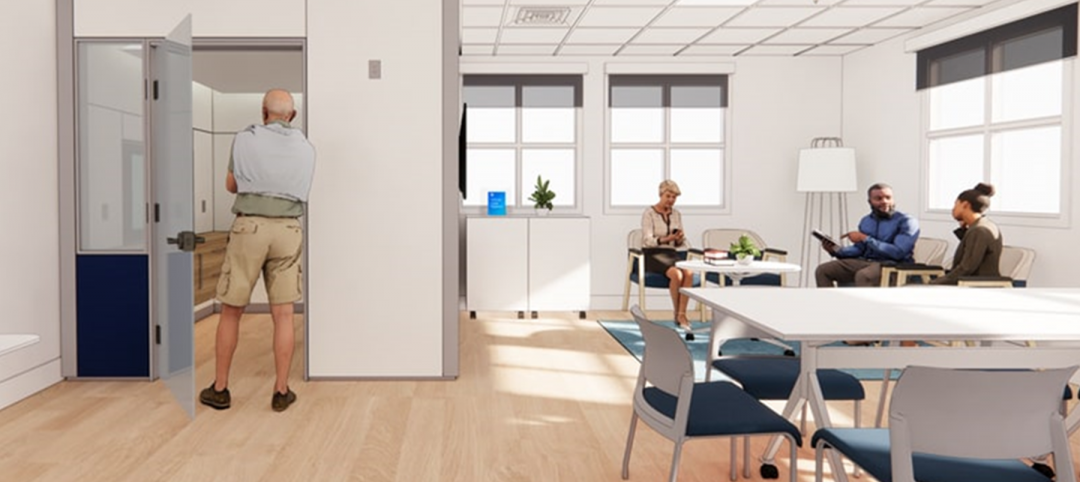One of the prevailing healthcare trends in recent years has seen more health systems locating satellite care facilities closer to where patients live. This trend, in turn, has opened doors for adaptive reuse of nearly every building type, from retail stores to supermarkets, for conversions to MOBs, labs, clinics, and even small hospitals.
On January 31, Edward-Elmhurst Health debuted a 1,500-sf drive-thru clinic with three lanes that offer outpatient testing and vaccinations by appointment. The drive-thru is attached to a 7,000-sf walk-in clinic in Downers Grove, Ill., that had opened several months earlier.
The building is an adaptive reuse of an American Chartered Bank that had closed a couple of years before. The walk-in/drive-thru facility’s location is equidistant from two of the health system’s acute-care hospitals, say Mark Hoffman and Adam Johnson, System Directors, respectively, of Ambulatory Development and Immediate Care and Walk-in Clinics for Edward-Elmhurst Health.
This $500,000 renovation and addition was designed by JTS Architects in Naperville, Ill., which had also designed the bank when it opened in 2002, says Joe Pascolla, a Principal with that firm. Other project team members for the adaptive reuse include Loberg Construction (GC), Carsello Engineering (SE), and MGN (MEP).
DRIVE-THRU HEALTH CLINIC IS A HIT WITH PATIENTS
A few weeks after it opened, the drive-thru was handling 60 cars per day. The walk-in clinic treats, on average, between eight and 10 patients daily, a number that rose to more than 35 per day when the Omicron variant was surging, says Johnson.
During the coronavirus pandemic, Edward-Elmhurst Health first tested a quick startup drive-thru in the parking lot of its corporate center in Warrenville, Ill. “Patients liked it,” says Hoffman, and Edward-Elmhurst started searching for a more permanent physical location that was easily accessible.
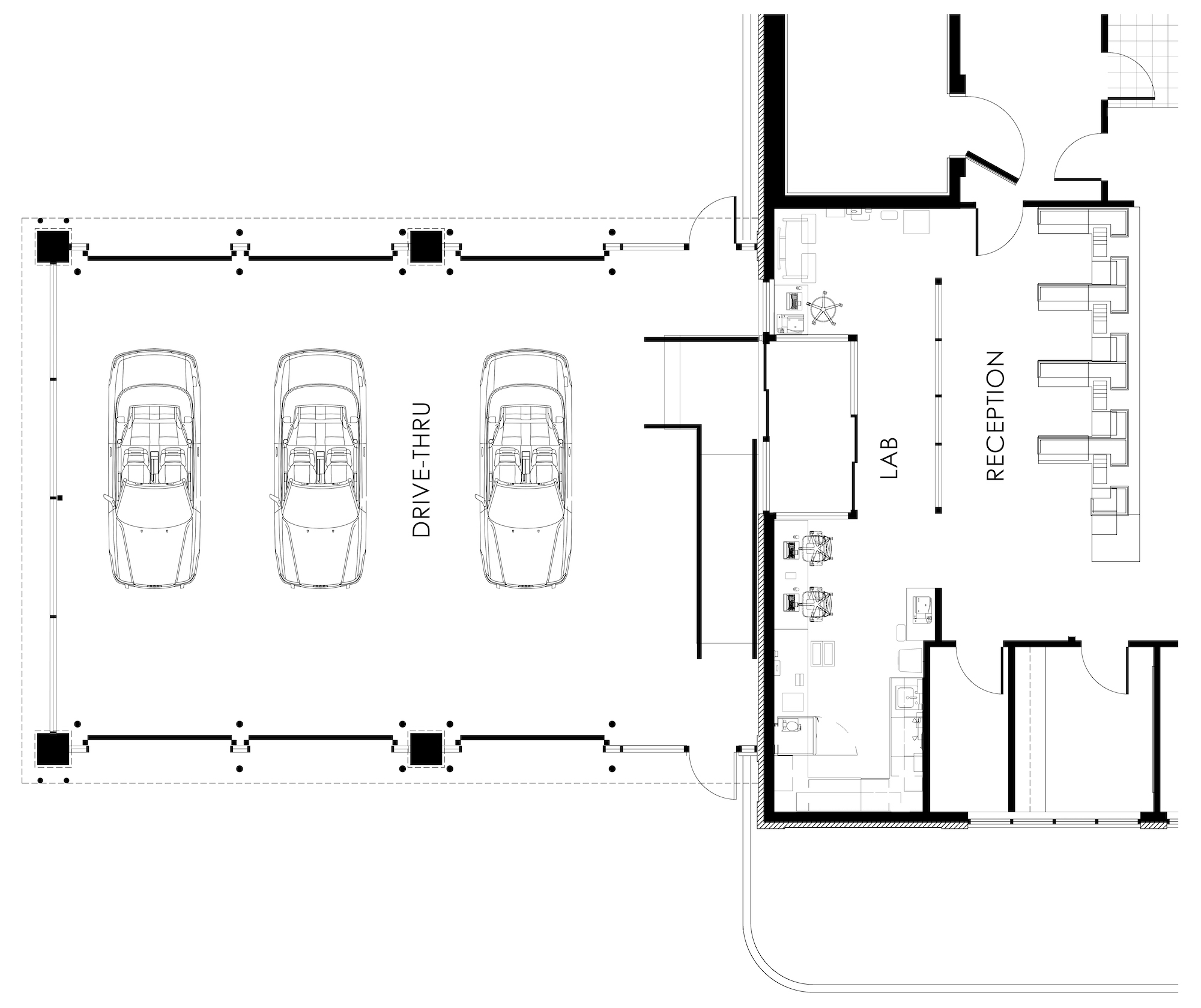
The developer Storebuild, which owns the bank building, offered it to the health system for the clinic. Edward-Elmhurst was able to sign a short-term lease to test out the drive-thru concept, even as it had the walk-in clinic up and running before the drive-thru was approved. (Edward-Elmhurst currently has a five-year lease for this property that can be expanded to 10 years and then renewed.)
This drive-thru was a first for the village, and it went through what Hoffman and Johnson describe as an “exhaustive” planning and development process. “The village wanted to make sure this worked and could be replicated,” explains Hoffman. The village’s requirements included a triple-basin drainage system for the drive-thru, and some structural changes to the building’s vestibule.
The village also didn’t want the drive-thru’s vehicular traffic spilling out onto the street. The lanes are laid out to accommodate the queuing of more than 20 cars at a time.
Pascolla adds there were some energy code hurdles because the village considered the drive-thru a new structure rather than an addition. The solution involved the installation of thermal insulation. The drive-thru lanes are enclosed in glass panels that Hoffman says were treated to make them look like a storefront.
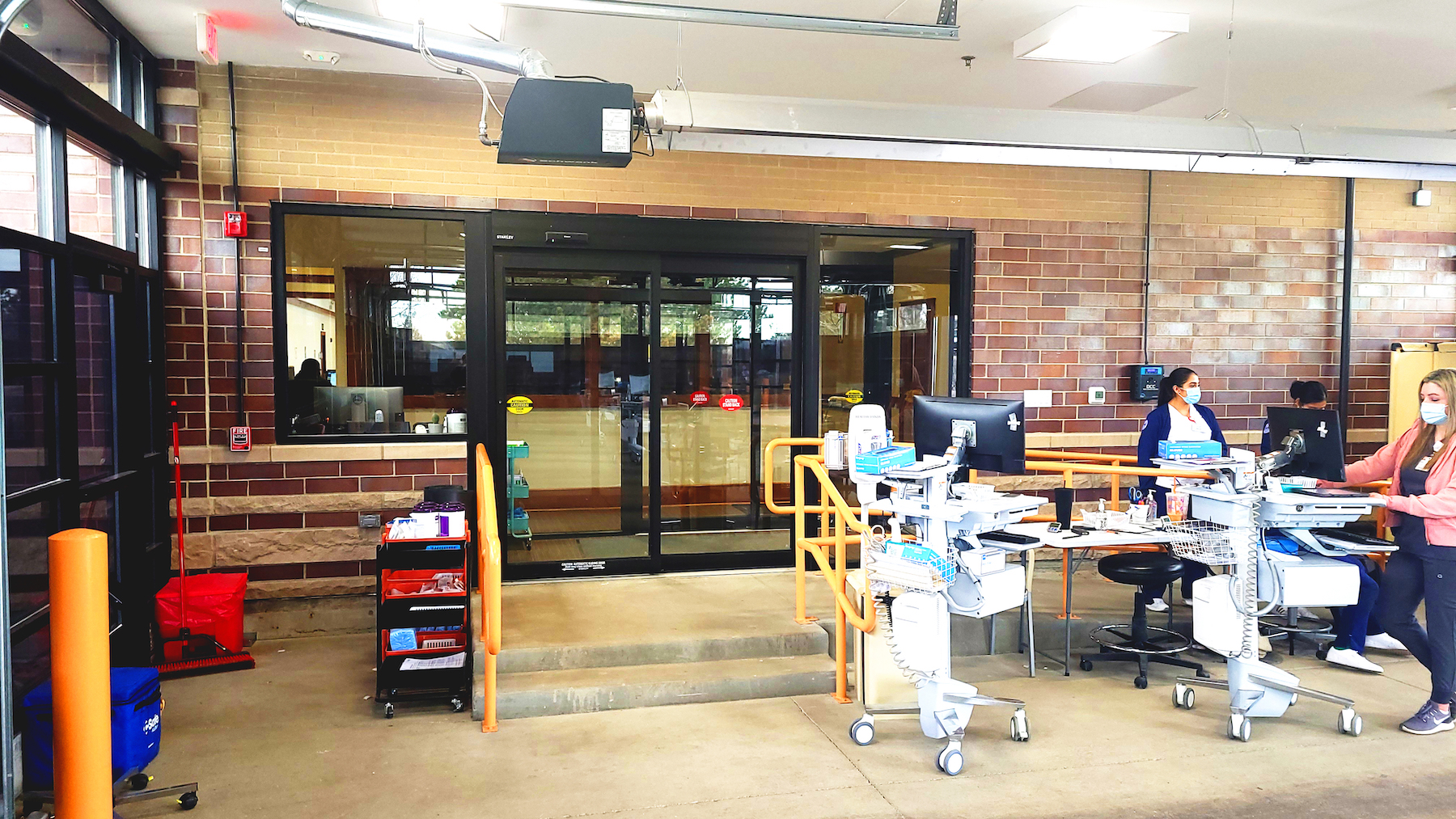
As testing and vaccination require appointments, the drive-thru wait time is relatively short. Drivers communicate with staff in the building via intercoms at each lane. The staff also controls that high-speed garage doors at the front of each lane that let cars enter the testing area.
“It’s ultra-convenient; they don’t have to get out of their cars,” says Hoffman.
Inside the bank, its right side initially had been turned into vaccination cubicles that were removed once the drive-thru opened. The left side was converted into a retail clinic, with the teller area now serving as registration counters, and the open area divided into exam rooms. The bank vault is storage space. As of mid-February, some of the walk-in clinic’s space was still under development, say Hoffman and Johnson.
On January 5, Edward-Elmhurst Health merged with NorthShore University HealthSystem, forming Illinois’ third-largest healthcare network. Representatives from NorthShore toured the Downers Grove facility in early February. And when asked about opening more walk-in/drive-thru clinics, Hoffman was discreet except to say that bank locations in general “are high visibility areas” conducive to clinic operations.
Related Stories
Daylighting | Aug 18, 2022
Lisa Heschong on 'Thermal and Visual Delight in Architecture'
Lisa Heschong, FIES, discusses her books, "Thermal Delight in Architecture" and "Visual Delight in Architecture," with BD+C's Rob Cassidy.
| Aug 16, 2022
Cedars-Sinai Urgent Care Clinic’s high design for urgent care
The new Cedars-Sinai Los Feliz Urgent Care Clinic in Los Angeles plays against type, offering a stylized design to what are typically mundane, utilitarian buildings.
| Aug 15, 2022
IF you build it, will they come? The problem of staff respite in healthcare facilities
Architects and designers have long argued for the value of respite spaces in healthcare facilities.
AEC Tech | Aug 8, 2022
The technology balancing act
As our world reopens from COVID isolation, we are entering back into undefined territory – a form of hybrid existence.
| Aug 3, 2022
Designing learning environments to support the future of equitable health care
While the shortage of rural health care practitioners was a concern before the COVID-19 pandemic, the public health crisis has highlighted the importance of health equity in the United States and the desperate need for practitioners help meet the needs of patients in vulnerable rural communities.
Healthcare Facilities | Aug 1, 2022
New Phoenix VA outpatient clinic is one of the largest veteran care facilities in the U.S.
The new Phoenix 32nd Street VA Clinic, spanning roughly 275,000 sf over 15 acres, is one of the largest veteran care facilities in the U.S.
Building Team | Jul 12, 2022
10 resource reduction measures for more efficient and sustainable biopharma facilities
Resource reduction measures are solutions that can lead to lifecycle energy and cost savings for a favorable return on investment while simultaneously improving resiliency and promoting health and wellness in your facility.
Healthcare Facilities | Jun 22, 2022
Arizona State University’s Health Futures Center: A new home for medical tech innovation
In Phoenix, the Arizona State University (ASU) has constructed its Health Futures Center—expanding the school’s impact as a research institution emphasizing medical technology acceleration and innovation, entrepreneurship, and healthcare education.
Healthcare Facilities | Jun 20, 2022
Is telehealth finally mainstream?
After more than a century of development, telehealth has become a standard alternative for many types of care.
Codes and Standards | Jun 14, 2022
Hospitals’ fossil fuel use trending downward, but electricity use isn’t declining as much
The 2021 Hospital Energy and Water Benchmarking Survey by Grumman|Butkus Associates found that U.S. hospitals’ use of fossil fuels is declining since the inception of the annual survey 25 years ago, but electricity use is dipping more slowly.


